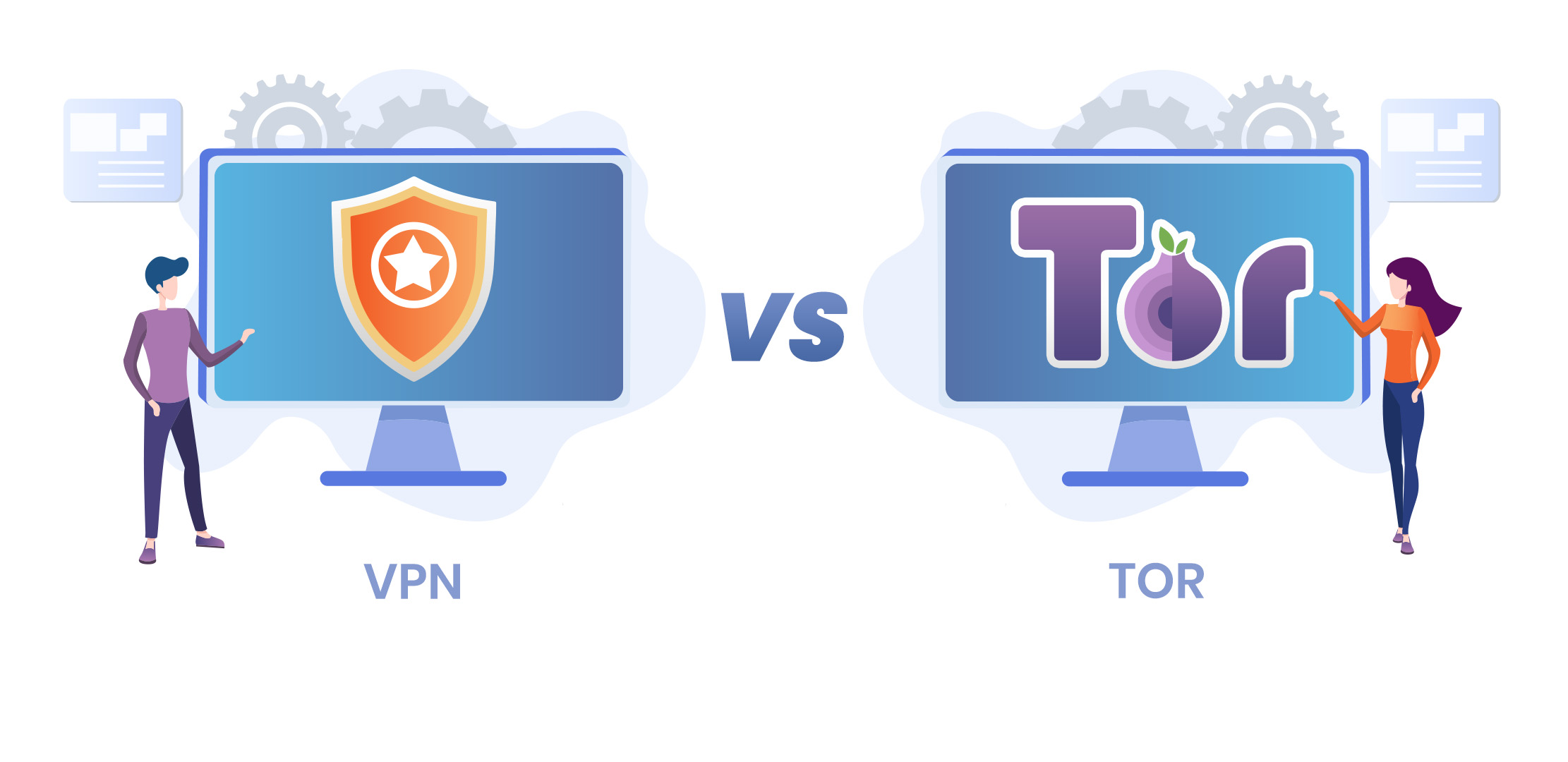Featured
Table of Contents
10 Best Vpn Services Of 2023
The developers explain Tor as software that helps secure you online. When you utilize the Tor Internet browser, it redirects your internet traffic through the Tor network of volunteer servers scattered around the world.
Helps bypass geoblocking and censorship: if some website is blocked in your country, Tor can enable you to access it. Your connection can only be as fast as that of the slowest node.

Utilizing it to download files slows down your web connection much more. So lots of Tor users would have to wait three times as long to download something. Node vulnerability: if you're not using an HTTPS connection, your data is noticeable on the exit node. As Tor operates on a volunteer network, you can't understand if your information isn't being intercepted.
How Tor/vpn Works, Comparing Security, Speeds ...
Bad for accessing specific geoblocked content: it's difficult to gain access to geoblocked content that is only readily available in a single nation. Random node selection suggests you can't actually manage the country where your exit node and the IP service checks out will be. Limited availability to sites: some everyday sites obstruct Tor network connections.
Being able to select what server you'll link to, only routing data by means of a single server, and having the company look after the servers ensures that the VPN connection is nearly as fast as using vulnerable internet. Nevertheless, this method is more pricey to maintain. Great internet speed: because VPNs only bounce your signal via a single server, your connection is much quicker.
This enables Tor to make sure that none of the servers know both the sender of the information and its destination, while a VPN warranties better speed and a real choice of server. Especially, a VPN can offer a multiple-server function. For instance, Dynamic Multi, Hop enables Surfshark VPN users to pick 2 servers to route their information through.
Vpns, Tor, I2p — How Does Nym Compare?
If your internet traffic links to the VPN server prior to the Tor network, the VPN server spoofs your IP. That implies that even if the Tor entry node is jeopardized, the interested celebration will not be able to get your IP address.
As long as you have actually a relied on VPN service provider, utilizing the Tor web browser with a VPN may be a deserving trade-off. Tor and VPNs are privacy tools with similar purposes.
Tor is more secure for sharing sensitive information or anything else that might put you at risk. In general, it's primarily for browsing it's slow and not matched for downloading files or streaming. A VPN, on the other hand, is much quicker. It can likewise provide the same levels of security and personal privacy if you have an excellent and trusted company.
Unmasking The Differences Between Tor And Vpn
Tor will secure the Spotify site however not the app, while a VPN will secure both. Tor runs your information through a number of layers of file encryption at once, while VPN suppliers typically only utilize one layer.
Yes. Tor conceals your IP when you are searching for something on Tor. It is essential to keep in mind, though, that this only uses to the web browser itself. Any traffic that does not go through Tor will be exposed. Using a VPN with Tor can lead to internet speed downturns: You are routing information by means of four servers; The VPN server and the Tor entry server might lie far apart.
VPN is much better for streaming, downloading, and other daily uses. Simply put, the distinction is that Tor routes your internet traffic via 3 random servers and encrypts it three times, VPN routes it through a single server of your choice and secures it as soon as, and a proxy just routes your traffic via a single server.
Tor Vs. Vpn: Which Should You Choose?
No matter why you want to stay incognito online, you're most likely to pick a Virtual Private Network (VPN) or Tor web browser. To put it merely, Tor is best for those transmitting sensitive information.
Table of contents Tor and VPN are tools utilized to stay confidential online. The Tor web browser is a complimentary, open-source job allowing you to browse the web anonymously.
Yes, the name sounds ridiculous, but the idea behind it is dazzling: the Tor web browser network is built of layers upon layers of independent nodes run by Tor users. A VPN assists you secure your online personal privacy by producing a safe and secure connection to any network or server online.
Tor Vs. Vpn: Which Should You Use? - Thebestvpn.com
The key difference between Tor and a VPN is that there are several VPN tools and service companies readily available but just one Tor internet browser network. Tor counts on a decentralized layer of independent nodes to move information firmly, while VPN software links to a central server to offer a safe and secure VPN tunnel.
Latest Posts
10 Best Vpn Services Of 2023 - Top Vpns Rated By Experts
24 Best Vpn Services Available In 2023
Stay Safe On The Go With The Fastest Mobile Vpn